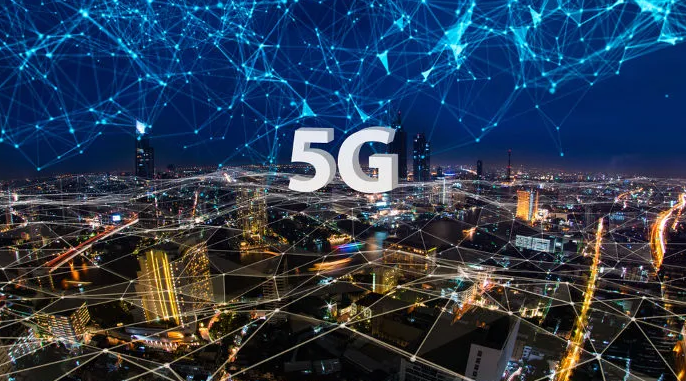5G technology has been widely discussed and awaited around the world due to its potential to revolutionize the way we connect, communicate and interact with devices and services. In Brazil, it is no different. With promises of greater speed, capacity and reliability, the country is preparing to adopt 5G and reap the benefits of this new era of connectivity. In this article, we will explore how 5G technology will work in Brazil and what impacts we can expect in different areas.

What is 5G Technology?
5G is the fifth generation of mobile technology, successor to 4G. It offers significant advancements over previous generations, including ultra-fast connection speeds, reduced latency (the time it takes for devices to communicate with each other), and greater capacity to handle a much larger number of simultaneously connected devices. These characteristics make 5G a fundamental foundation for the development of new applications and services, such as autonomous cars, Internet of Things (IoT), high-definition telemedicine, virtual and augmented reality, among others.
The Current Scenario in Brazil
As of this writing, Brazil does not yet have a commercially established 5G network, but steps are being taken to enable its implementation. The National Telecommunications Agency (ANATEL) has already held auctions for frequencies that will be used for the implementation of 5G in the country. These frequencies are divided into bands such as 700 MHz, 2.3 GHz, 3.5 GHz and 26 GHz, each with specific characteristics that allow for an ideal combination of range and transmission capacity.
How will it work in Brazil?
The operation of 5G technology in Brazil will be based on the construction of appropriate network infrastructure. This will involve installing transmission towers, antennas and network equipment in cities across the country. The auctioned frequency bands will be used for different purposes. For example, the 3.5 GHz band is particularly important for 5G as it offers a combination of speed and efficient coverage.
5G is also based on fiber optic network technology, which provides extremely high connection speeds and low latency. Therefore, we will see an increase in investment in fiber optic infrastructure to support the growing demand for fast and reliable connectivity.
Impacts and Benefits
The implementation of 5G in Brazil will have significant impacts in several areas:
1. Communications:
The speed and reliability of 5G will revolutionize communications, enabling seamless high-definition video calls and a smoother teleconferencing experience.
2. Industry:
Industry 4.0 will be driven by 5G, as it will enable the use of advanced automation, remote monitoring and smart manufacturing, increasing efficiency and productivity.
3. Health:
Telemedicine will benefit from 5G's low latency, enabling remote surgeries, accurate remote diagnoses and real-time patient monitoring.
4. Transport:
5G technology is fundamental to the development of autonomous vehicles, as fast and reliable connection is essential for communication between cars and road infrastructure.
5. Entertainment:
High-quality streaming, more immersive virtual and augmented reality, and lag-free online gaming will be possible thanks to 5G bandwidth.
Conclusion
5G technology is poised to transform the way we live, work and communicate. In Brazil, efforts are underway to implement this revolutionary technology and reap the benefits it offers. With greater speed, lower latency and greater connection capacity, 5G will open doors to innovations in various sectors, driving technological progress and improving the quality of life for all Brazilians.